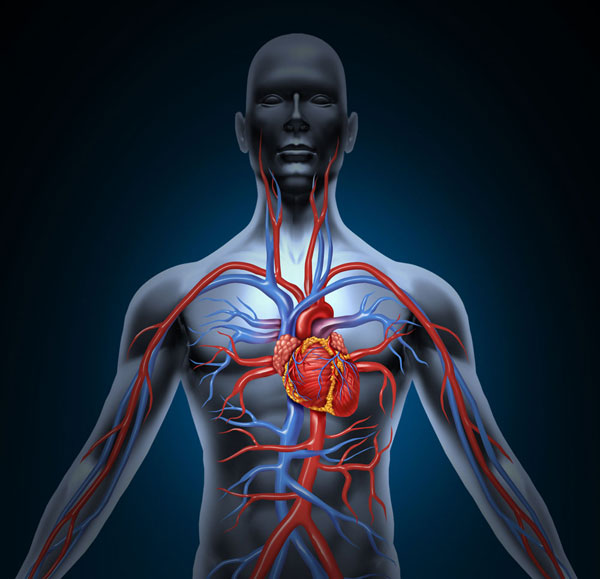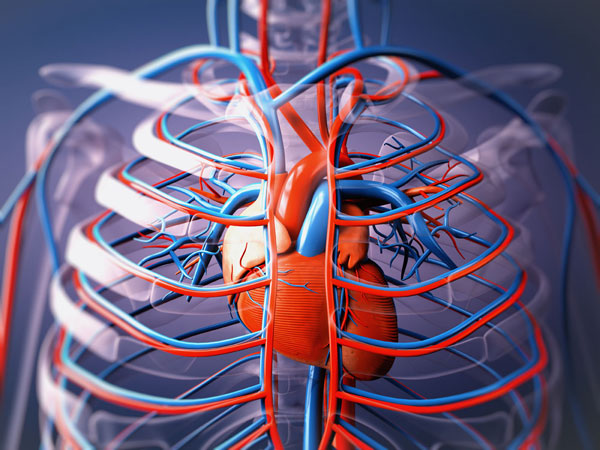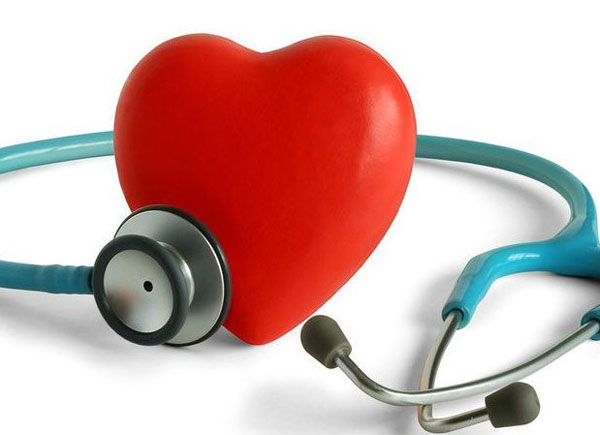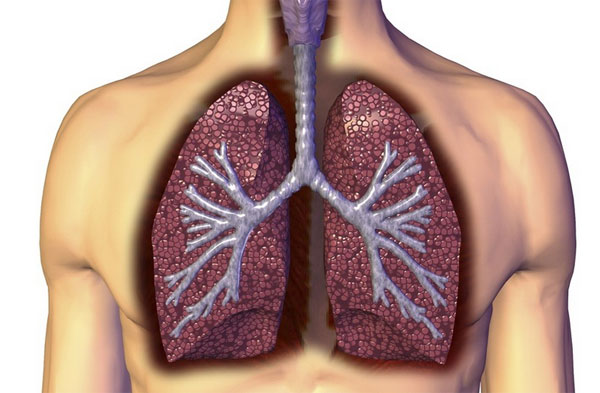

A super cold spell swept across China this winter. Some parts of the body are more susceptible to frostbite in this windy and dry weather. Several medical professors share their medical knowledge with us.

Some organs of human beings are easily to frostbite in this windy and dry winter. (File photo)
No. 1 "The prostate is a fragile organ for men. The sympathetic nerve will increase excitability and cause glands contraction when it becomes cold, thus leading to poor local blood circulation and chronic hyperaemia," said Guo Jun, the director of Xiyuan Hospital, China Academy of Traditional Chinese Medicine.

Vessels will shrink and turn to be fragile in the cold and dry winter. (File photo)
No. 2 "The sympathetic nerve will increase excitability when it is stimulated by chilly weather. Vessels will shrink and become fragile. Elderly people who have less flexible vessels than young persons have more risk of getting paroxysmal diseases such as cerebral hemorrhages," said Chen Yundai, professor and director of cardiovascular medicine of the PLA General Hospital.

Heart seems like the generator of people's body. (File photo)
No. 3 The heart seems like the generator of people's bodies. "Physiological functions of human beings respond slowly in winter when there is a big difference between indoors and outdoors. Cold weather puts a greater burden on people's hearts, sometimes even causing stenocardia or myocardial infarction," said Wang Wen, professor at Fuwai Cardiovascular Hospital, China Academy of Traditional Chinese Medicine.

Lung works as the gas exchange station of people's body. (File photo)
No. 4 People are prone to respiratory diseases when the cold, dry air enters the body through the lungs, which work as the 'gas exchange station'.
No. 5 Metabolism slows down in winter. Eating too many indigestible foods such as fish, meat or foods of highly nutritious value is an extra burden on the stomach.
No. 6 The nose is the 'window' and breathing inlet of human beings' respiratory system. "Winter is the high-incidence season of chronic rhinitis and allergic rhinitis due to the nasal mucosa coming into direct contact with the cold air and secreting less mucus," said Song Haitao, director of the ear-nose-throat department at Beijing Hospital.
No. 7 Ears, nose, hands and feet are all located at the nerve endings of human bodies, which have less blood flow and easily catch cold. Ears are covered with thin skin and have the least cold-tolerance of all the parts of the face.
 Have you ever taken these beautiful subways in China?
Have you ever taken these beautiful subways in China? Chinese beauties, foreign models meet in Chengdu
Chinese beauties, foreign models meet in Chengdu Awesome! Aerial pictures taken on J-11 fighter
Awesome! Aerial pictures taken on J-11 fighter A foreign girl explains what China should be proud of
A foreign girl explains what China should be proud of Chinese navy's air-cushioned landing craft in pictures
Chinese navy's air-cushioned landing craft in pictures Chinese pole dancing master opens class in Tianjin
Chinese pole dancing master opens class in Tianjin Splendid Sichuan after snow
Splendid Sichuan after snow College girl of Vancouver crowned Miss Chinese Int'l 2016
College girl of Vancouver crowned Miss Chinese Int'l 2016 Pentagonal Mart becomes the largest vacant building in Shanghai
Pentagonal Mart becomes the largest vacant building in Shanghai Top 20 hottest women in the world in 2014
Top 20 hottest women in the world in 2014 Top 10 hardest languages to learn
Top 10 hardest languages to learn 10 Chinese female stars with most beautiful faces
10 Chinese female stars with most beautiful faces China’s Top 10 Unique Bridges, Highways and Roads
China’s Top 10 Unique Bridges, Highways and Roads After spate of espionage allegations, US law firm opens first China office
After spate of espionage allegations, US law firm opens first China office Author Feng Tang attacks decision to pull book from shelves
Author Feng Tang attacks decision to pull book from shelves Going ape for New Year
Going ape for New Year Black lungs
Black lungsDay|Week